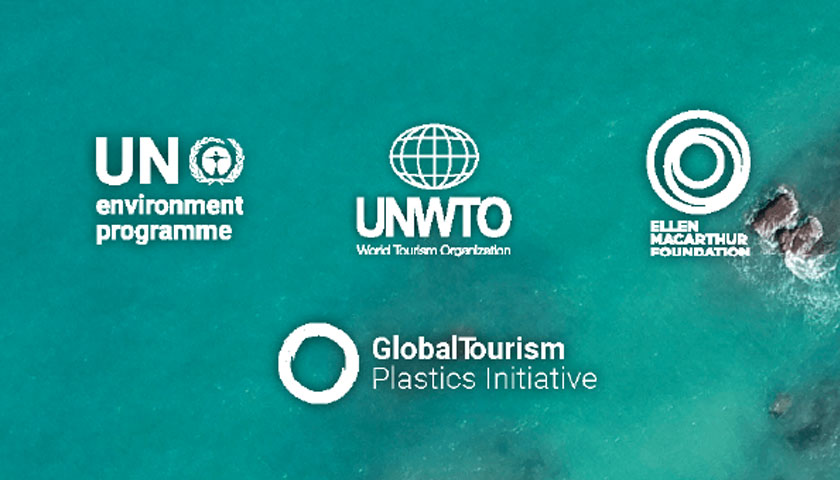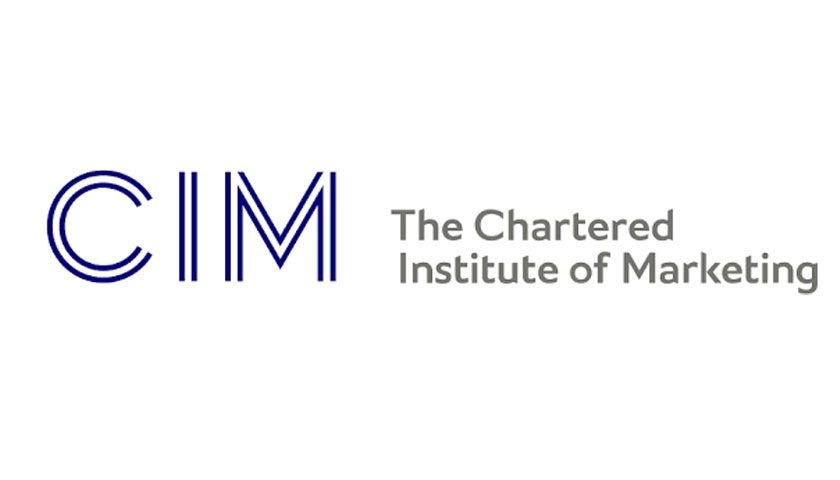Tourism is one of the economic sectors hardest hit by the COVID-19 pandemic: the industry could face a 78% decline in international tourist arrivals this year, putting more than 100 million jobs at risk. As countries work towards economic recovery, new UN recommendations are advising the tourism industry to build back better, while continuing the fight against plastic pollution.
The recommendations were released last week by the Global Tourism Plastics Initiative, which unites the tourism sector behind a common vision to address the root causes of plastic pollution. The initiative is led by the United Nations Environment Programme (UNEP) and the World Tourism Organization (UNWTO) in collaboration with the Ellen MacArthur Foundation. Announced in January 2020, the Global Tourism Plastics Initiative acts as the tourism sector interface of the New Plastics Economy Global Commitment, which unites more than 450 businesses, governments, and other organisations behind a common vision and targets to address plastic waste and pollution at its source.
Devised to support tourism stakeholders in fighting plastic pollution during the COVID-19 recovery, the recommendations illustrate how they can significantly contribute by:
- reducing the plastic footprint
- increasing the engagement of/with suppliers
- working more closely with waste service providers
- ensuring transparency on actions taken
The recommendations further highlight the importance of cleaning and sanitation procedures, as well as ongoing and transparent communication with both staff and guests during and after the pandemic.
Along with the recommendations, major global tourism companies Accor, Club Med, Iberostar Group, and Melco Resorts, became official signatories of the Global Tourism Plastics Initiative, leading the way for many more to follow. The four organisations joined twenty other signatories, who have all made public commitments to eliminate unnecessary single-use plastics, and transition to reuse models and the use of recyclable, or compostable plastic packaging and items. Their commitment also ensures transparency and continuous support towards a circular economy for plastic – in which it stays in the economy and out of the environment.
“We need to take a science-based approach and support governments, business, and local communities to ensure we are taking the most effective measures to protect hygiene and health without creating pollution and causing harm to our natural environment. These recommendations addressing hygiene and disposable plastic can support tourism sector stakeholders in their efforts towards a responsible recovery.” – Ligia Noronha, Director of UNEP’s Economy Division
“We say this not only as owners or managers of more than 120 hotels in 19 countries, a business responsible for the health and safety of almost 8 million guests a year and the livelihoods of 34,000 employees. We say it as part of an industry that is responsible for our oceans – 80% of our properties sit alongside them. Iberostar’s entire operations will be single-use plastic free by 2020, as far as local regulation allows. We’ll be waste-free by 2025, carbon neutral by 2030, and launching our roadmap for our transparent and time bound goals to get there by the end of this year.” – Sabina Fluxà Thienemann, Vice-Chairman and CEO of Iberostar Group
“We want to eliminate guest-related single-use plastic products in our hotels. For each one, we’ve determined a plan in order to remove them and/or define substitute products.” – Chris Cahill, Accor Deputy CEO Hotel Operations & CEO Luxury Brands



